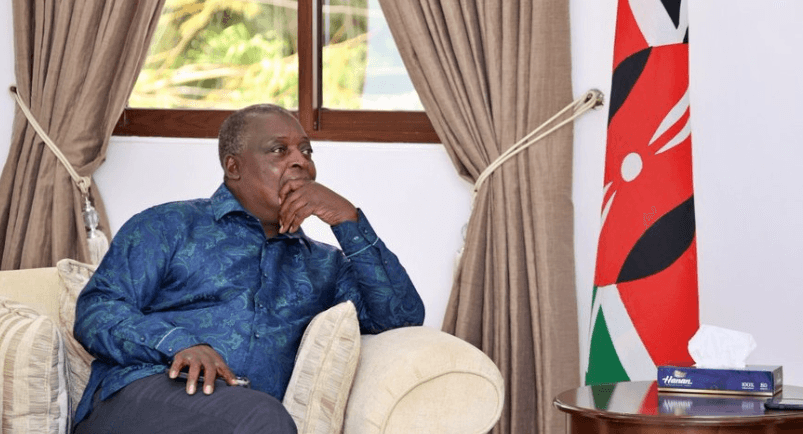The National Assembly’s Finance Committee will today conclude the public hearings on the contentious finance bill, 2024 with a forum at KICC.
Kenyans and other stakeholders have been invited to attend the meeting to make their oral submissions and also submit their written memoranda on the bill.
The Bill which contains several clauses seeks to amend various tax laws and other related statutes to better the operations of the financial sector as well as enhance measures for raising national revenue.
The hearings started on May 15 and have already been undertaken in some 20 selected counties.
The bill was first read on the floor of the House on May 13 before being committed to the relevant committee.
Some of the proposals relating to revenue-raising measures contained in the bill include liability to and collection of taxes and amends the Income Tax Act (Cap.470), the Value Added Tax Act (Cap. 476), the Excise Duty Act (Cap.472), the Miscellaneous Fees and Levies Act (Cap. 469C) and the Tax Procedures Act (Cap. 469B).
Others are the Affordable Housing Act (No.4 of 2024), the Industrial Training Act (Cap. 237), the Data Protection Act (Cap.411C), the Public Finance Management Act (Cap.412) and the Kenya Revenue Authority Act (Cap. 469).
The Bill seeks to raise Sh302.0 billion worth of additional tax revenue in 2024-25 in this financial year.
The total revenue target for the year is Sh3.35 trillion of which Sh2.91 trillion is ordinary revenue.
The Bill, set to be considered this week in Parliament has continued to attract a strong resistance from a cross-section of leaders including those in the ruling administration.
They have publicly called for a review of some of the clauses that they say are injurious to the common man.
Some of the contested areas include the proposal to increase the cost of basic commodities, such as bread and cooking oil.
It further imposes taxes on essential services, including excise duty on mobile money and VAT on banking services.
Vehicle owners would also have to pay an annual tax amounting to 2.5 per cent of the value of the vehicle if passed.
Molo MP Kuria Kimani who chairs the committee said recently that the committee would review the changes affecting VAT on products and services on a case-by-case basis.
“There is a deliberate effort to clear our tax expenditure. The benefits should be transferred to the consumer and critical sectors must be protected,” he said.
He said the committee, considering the submissions, will align the tax bill to the national tax policy for coherence.















